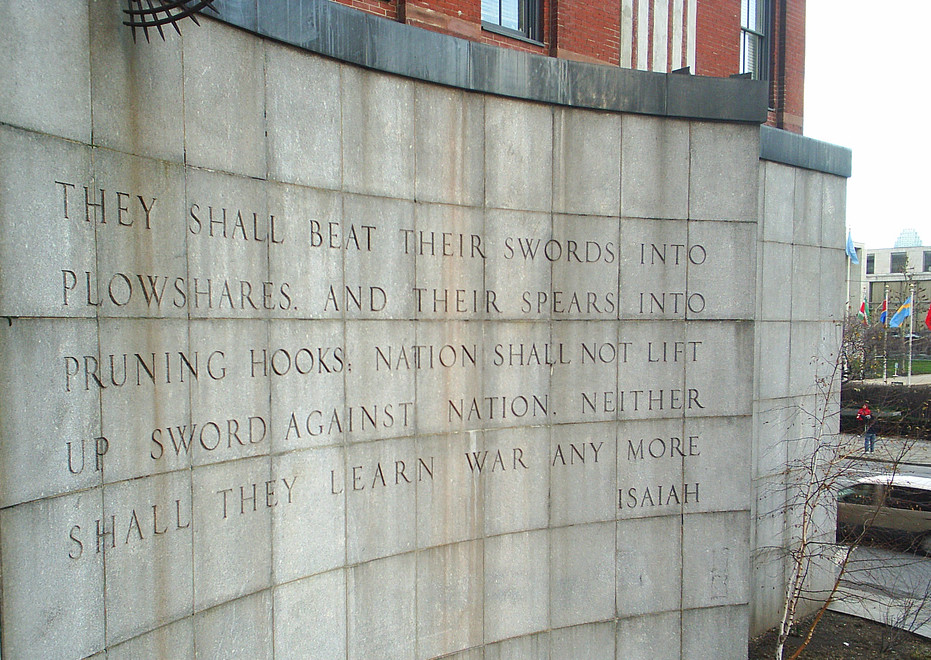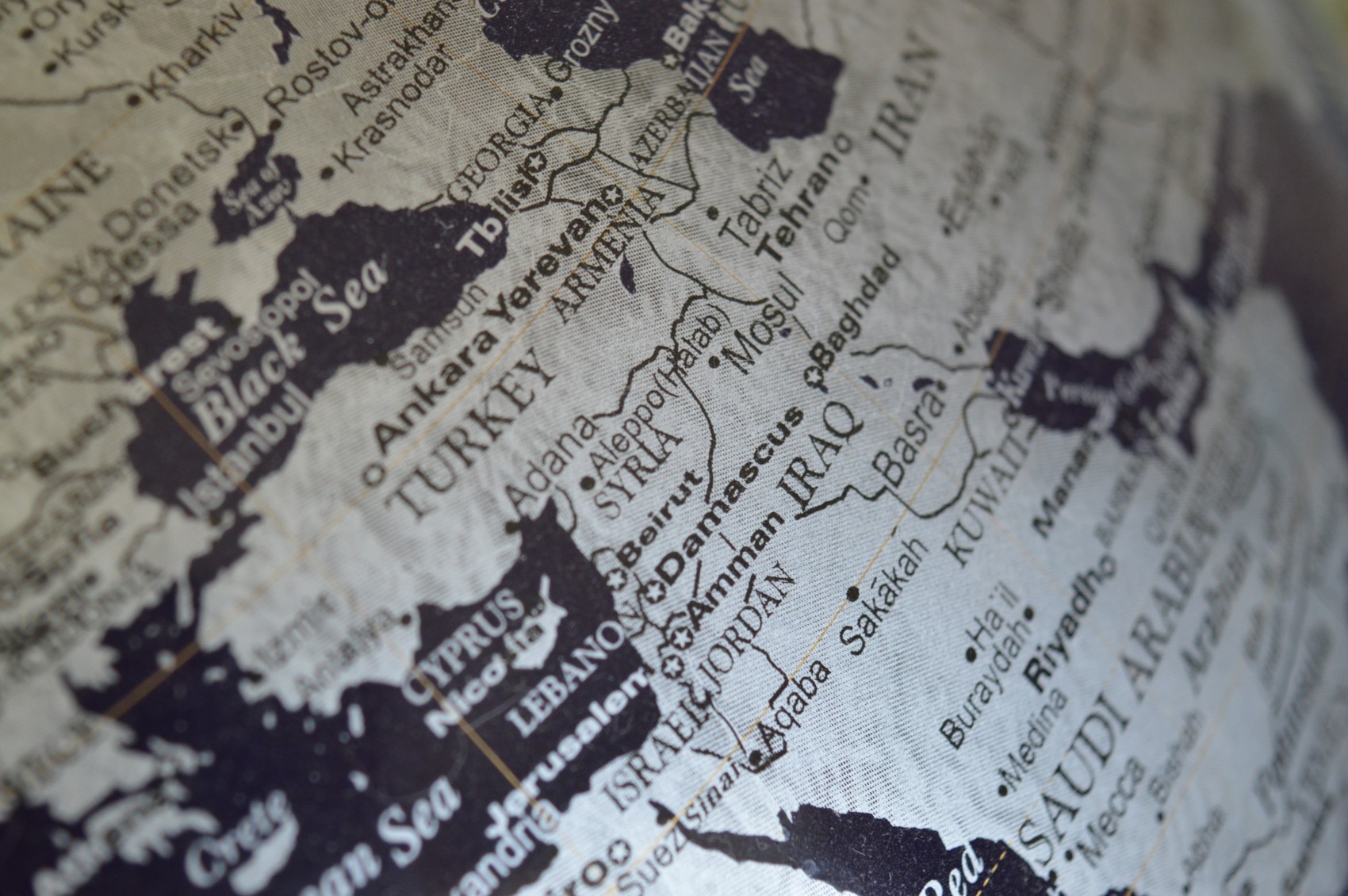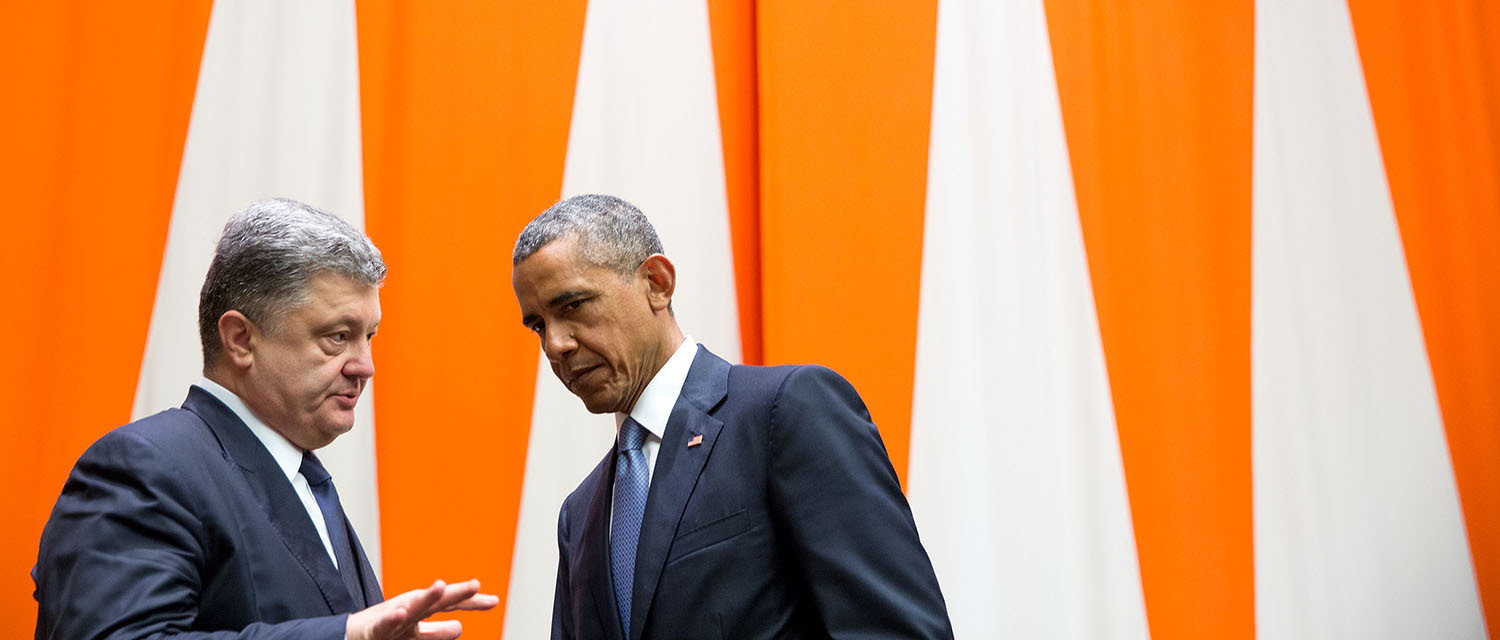Other than Empire
If America wants to constrain tyranny and prevent anarchy in ways that are both just and sustainable, it must resist the temptation of empire and embrace again a vision of international collaborative peacekeeping.
Gideon StraussMarch 15, 2016
Redraw the Map: A Christian Call for Middle East Peace
Terry Ascott’s solution for the Middle East tramples over one of the region’s most sacred cows: Redraw the map.
Jayson CasperMarch 4, 2016
D***, We Don’t Have a Foreign Policy
Ian Bremmer’s Superpower gives a good critique about America’s incoherent foreign policy and is a good introduction to different foreign policy choices.
Mark MeltonMarch 2, 2016
The Decline of Freedom and the Obama Doctrine
In every year of Mr. Obama’s presidency, without exception, the cause of freedom has been in retreat around the world.
Joseph LoconteFebruary 15, 2016
Turn to Africa
For America today to truly be America, it must be the world’s leading proponent of human rights at home and abroad. It is when it answers this great national vocation (first glimpsed by the nation’s founders) that America most fully gives expression to what, in seed, it has been from the very start.
Gideon StraussJanuary 28, 2016
Purpose Creep and its Discontents: Reclaiming Almost-Chosen-Nation Status (Part 2)
We return to the unanswered question: “What, if anything, should be the purpose of American power?”
Ben PetersonJanuary 26, 2016
Purpose Creep and its Discontents: Reclaiming Almost-Chosen-Nation Status
Debates over the appropriate American response to the Syrian refugee crisis reflect division and uncertainty about a deeper question: What is America’s national purpose?
Ben PetersonJanuary 25, 2016
What a Just War Against the Islamic State Looks Like
Just war aims at peace. As Augustine argued, “Every man seeks peace by waging war, but no man seeks war by making peace.” We do not fight war for its own sake, or for revenge, profit, or prestige. The only conceivable rationale for waging war is to create a world of better, deeper, more lasting peace than the one that led to war in the first place.
Paul D. MillerJanuary 21, 2016
Six Challenges Facing Africa in 2016
While I am an optimist with regard to global poverty alleviation, my optimism is sorely tested when it comes to my beloved birth continent, Africa.
Gideon StraussJanuary 20, 2016










 Sponsor a student for Christianity & National Security 2024
Sponsor a student for Christianity & National Security 2024